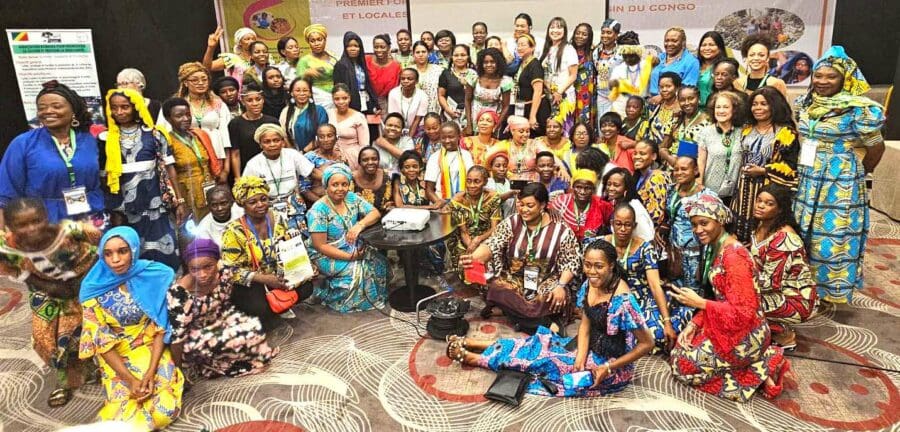Madagascar, the fourth largest island in the world, is home to priceless biodiversity. Within this natural paradise, there are complex forest resource management challenges. According to a recent RRI study, in 71.7% of Madagascar’s community lands, representing 41.72 million hectares, the rights of communities are not legally recognized.
Unfortunately, Madagascar still lacks adequate legislation to secure these lands, exposing Indigenous Peoples and local communities to constant pressure from the private sector seeking to appropriate their territories. Faced with these challenges, RRI and the German Agency for International Cooperation (GIZ) initiated a new project called “Strengthening Community Land Rights Through Coalition Building, Land Tenure Reform, and Research to Improve Forest Management and Strengthen Community Livelihoods in Madagascar” with the Initiative Solidarité des Intervenants sur le Foncier (SIF).
The project represents tangible hope for a more sustainable future for the big island.











